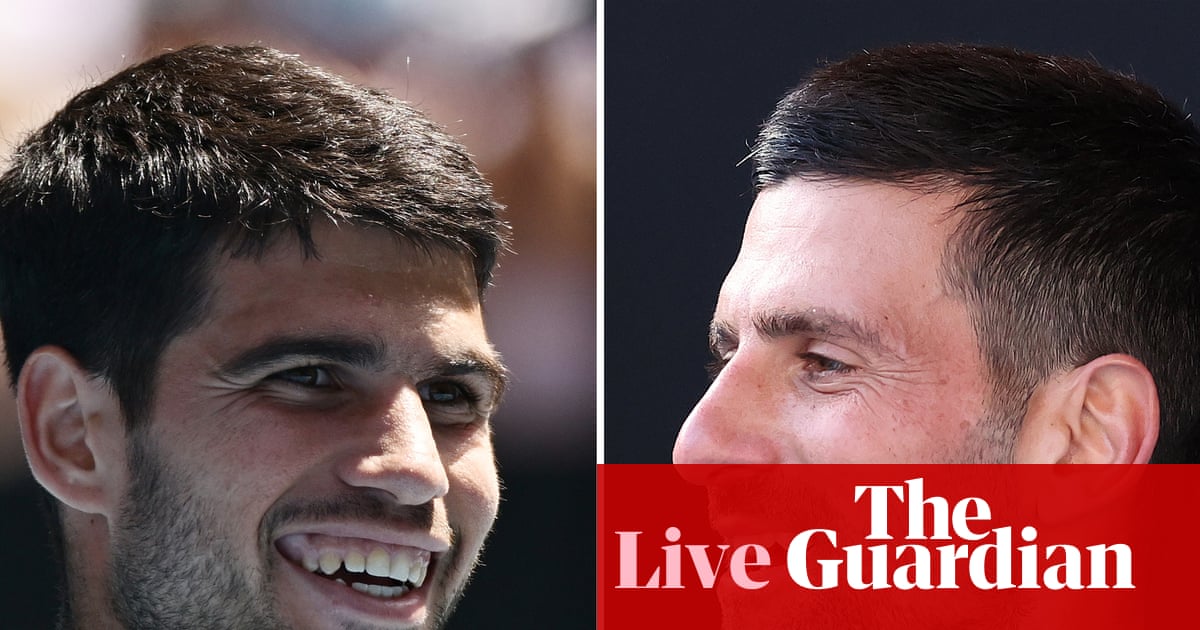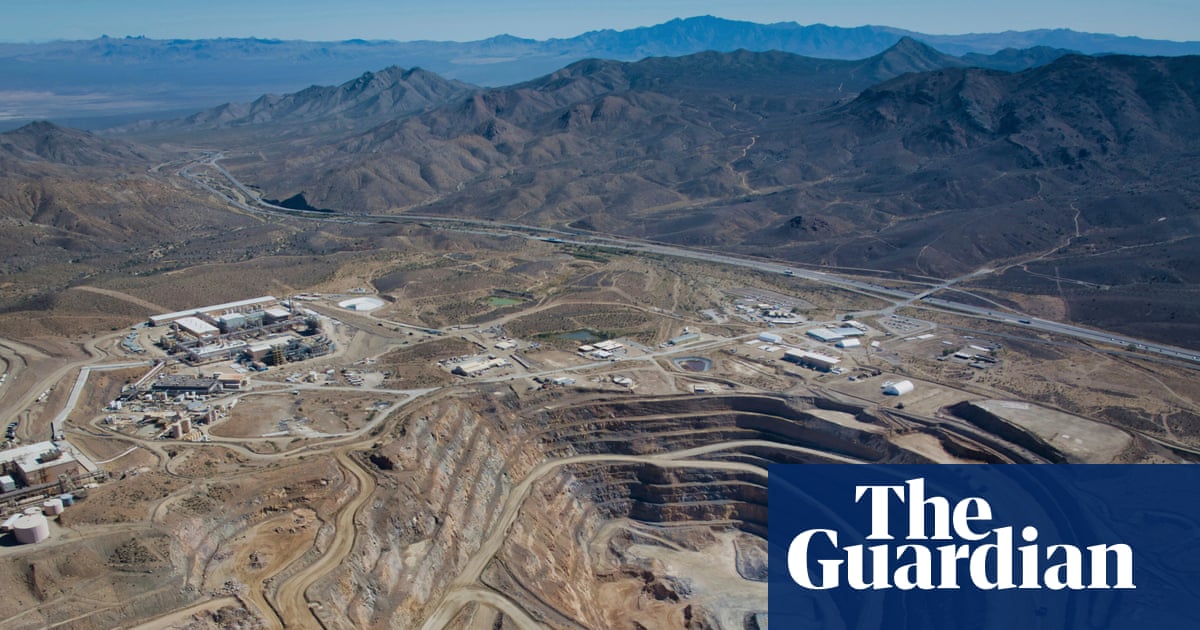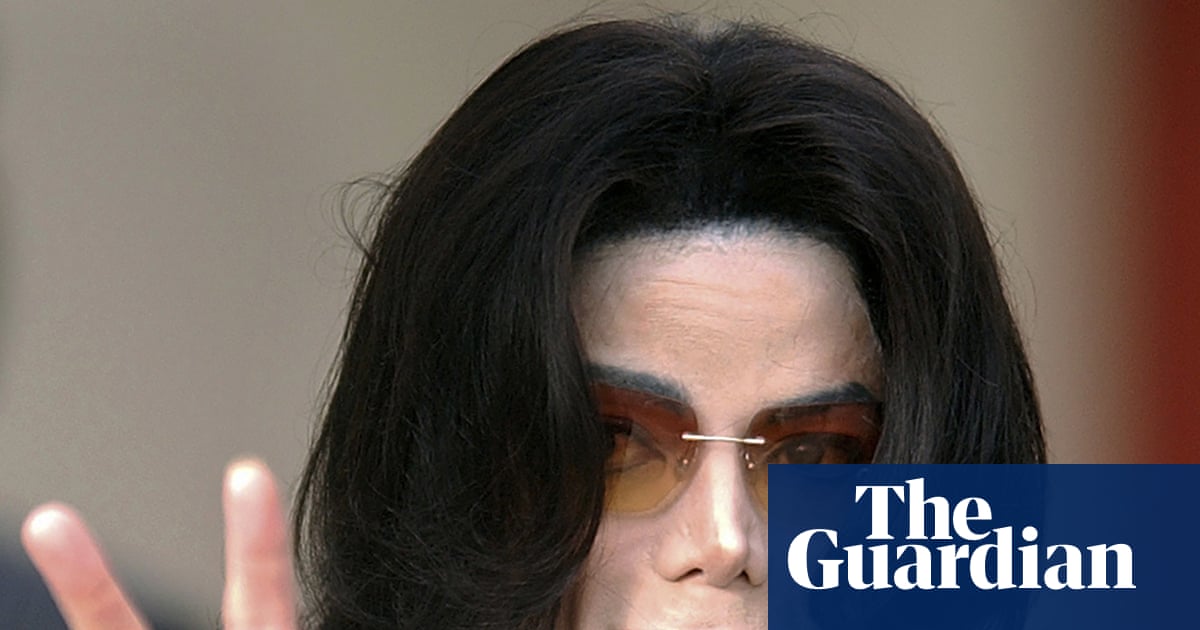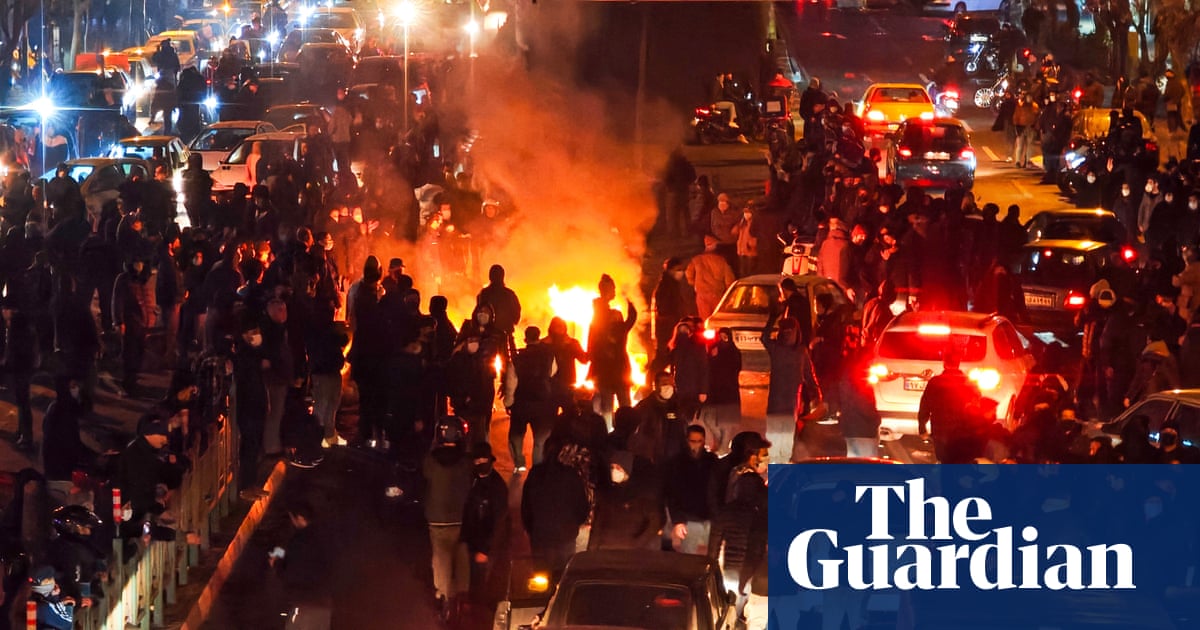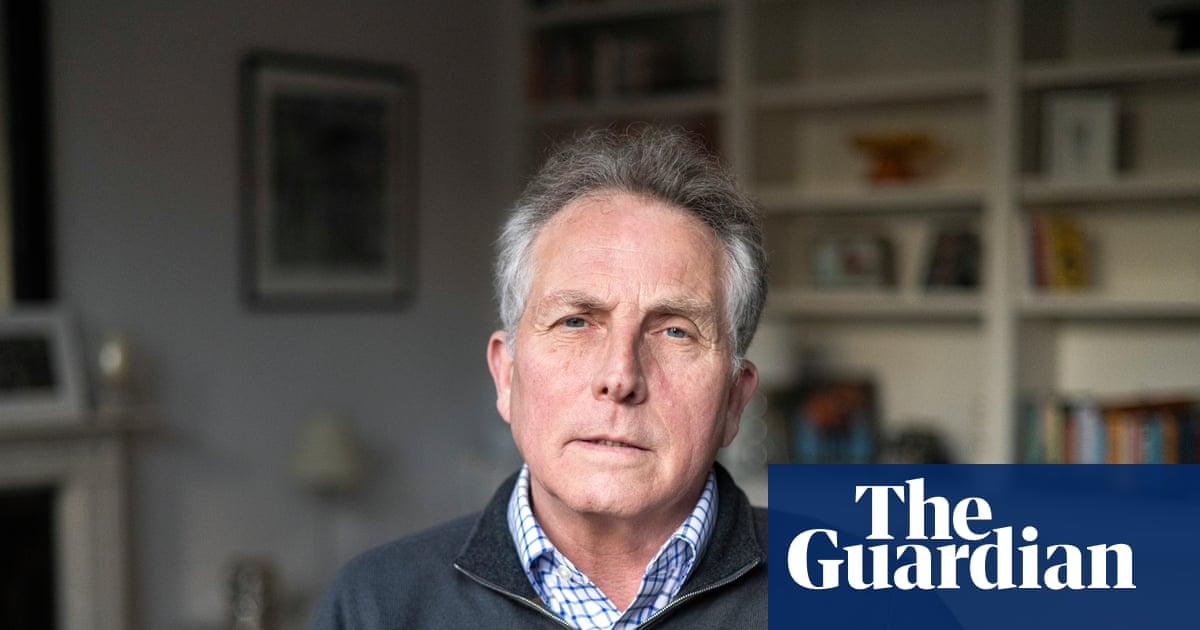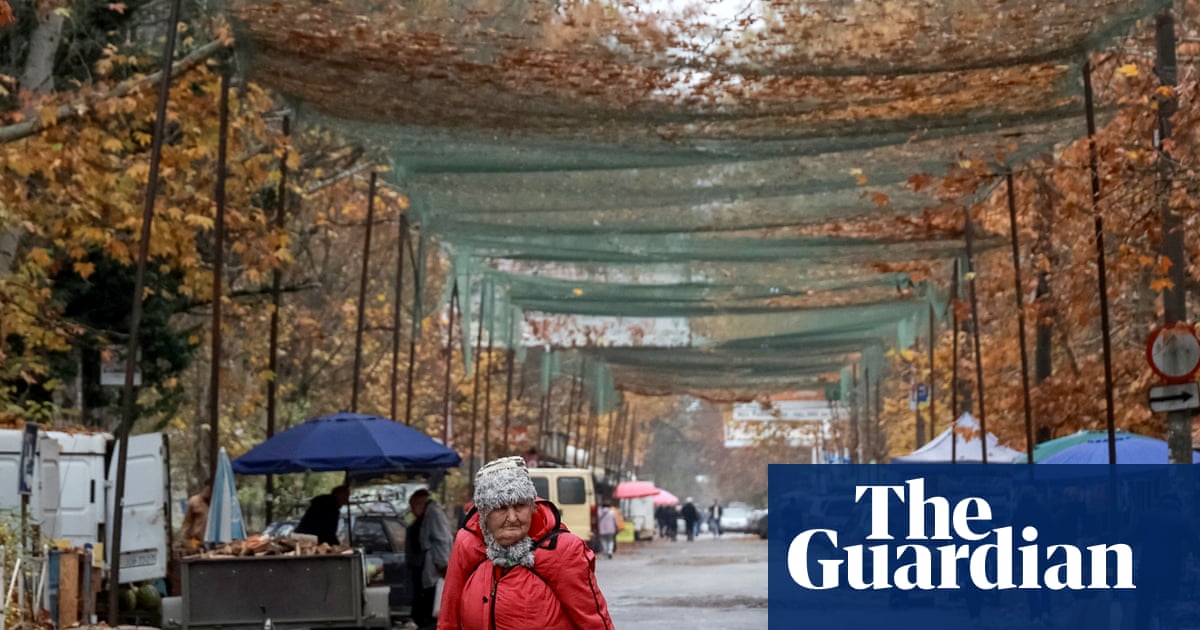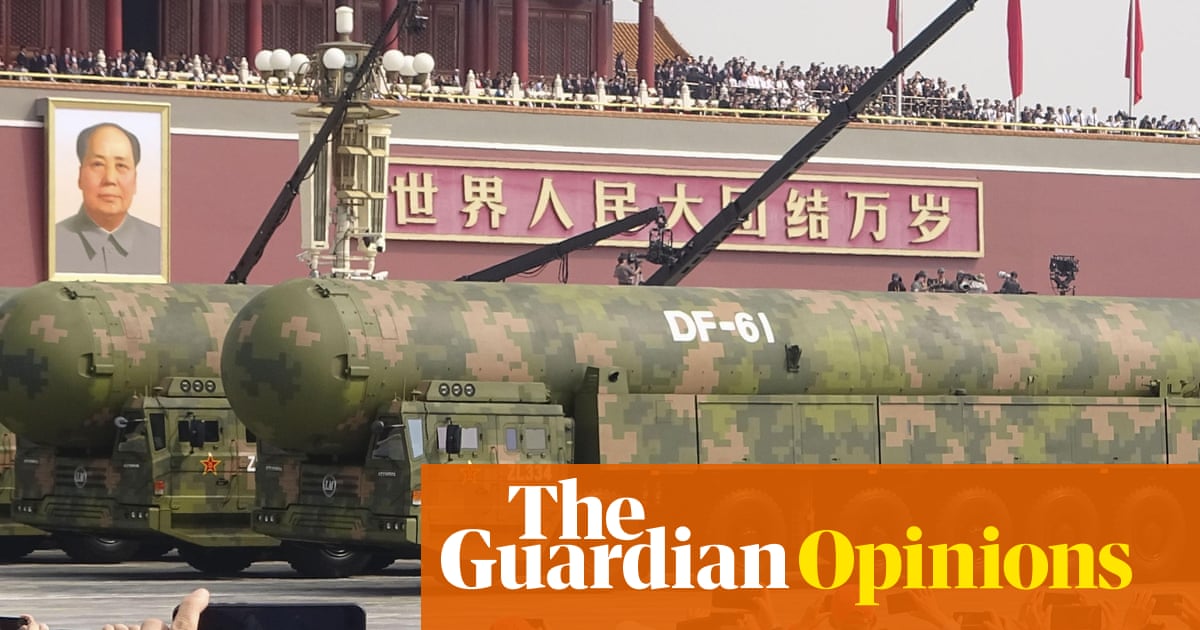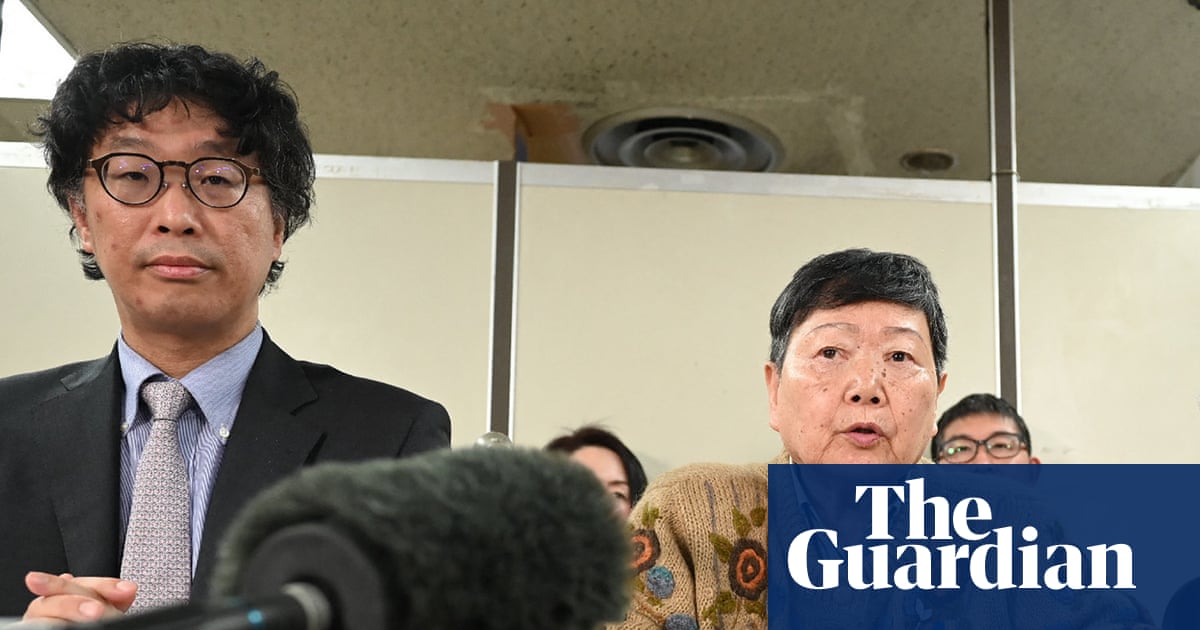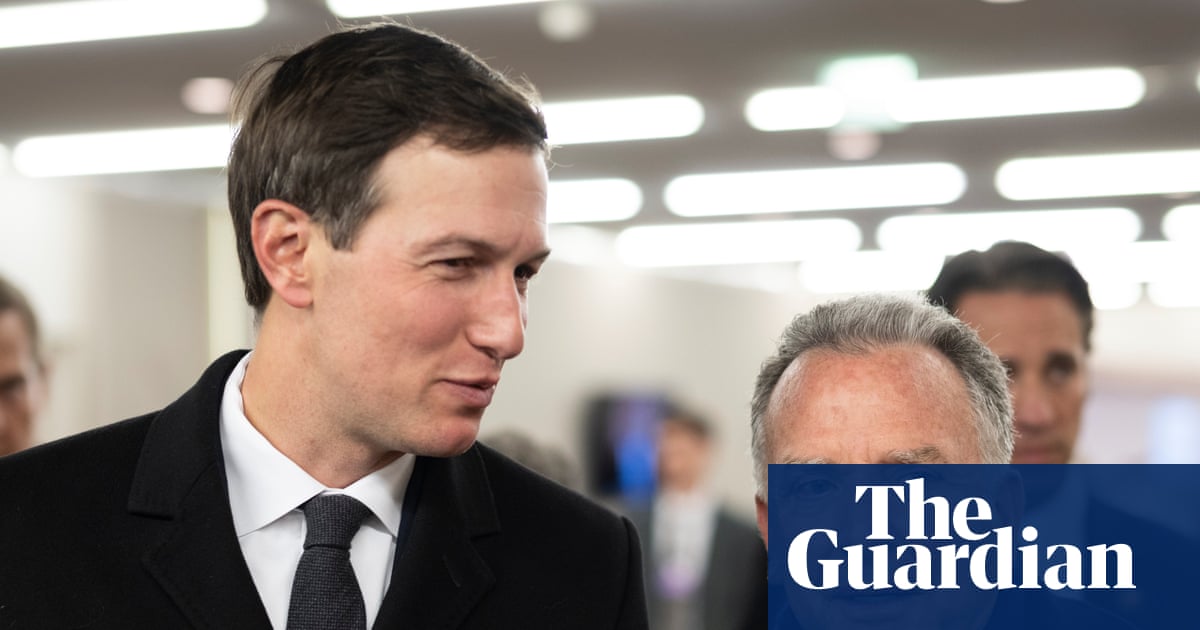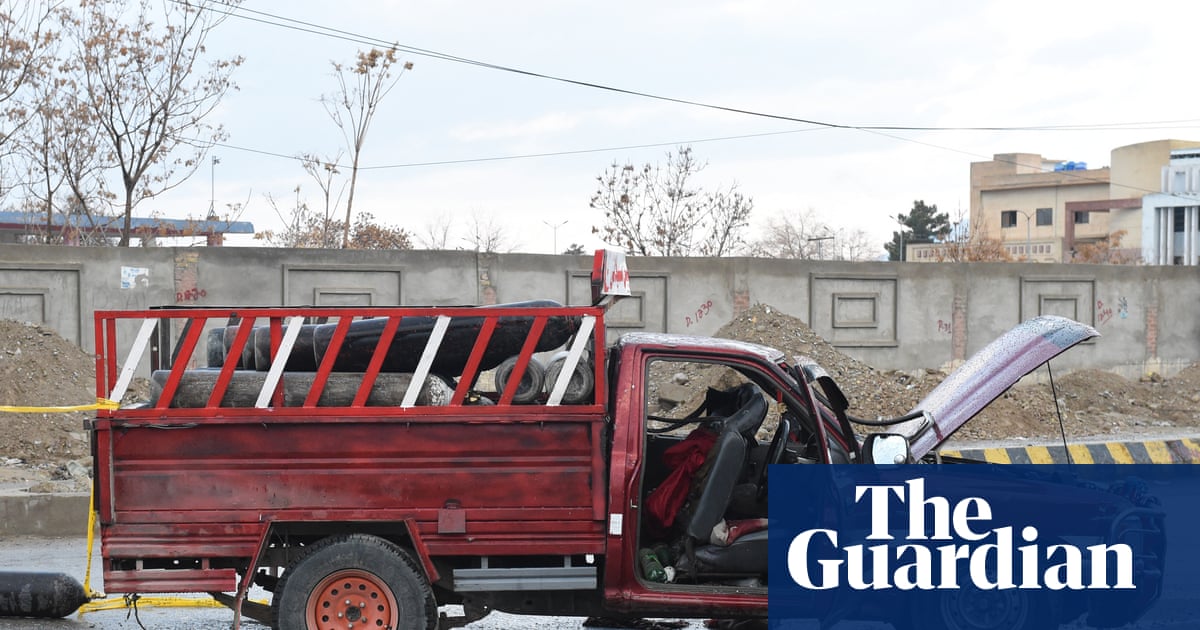Amid the fanfare accompanying Donald Trump’s trip to the Middle East and Israel’s ceasefire with Hamas, one aspect of the US president’s pitch as a peacemaker went relatively unscrutinised.
In the highly unlikely setting of the Knesset, Israel’s parliament, Trump proffered an olive branch to an even less likely recipient: the Jewish state’s arch enemy, Iran.
“It would be great if we made a peace deal with them. Wouldn’t it be nice?” he said. “I think they want to.”
The price for ending nearly half a century of hostilities between Washington and Tehran – dating back to the 1979-81 US embassy takeover that followed the Iranian revolution – would be for the theocratic regime to stop funding militant proxies like Hamas and Hezbollah and “finally recognize Israel’s right to existence”, he said.
If this was hardly music to the ears of politicians in Jerusalem – conditioned by decades of enmity and a belief that Iran’s Islamic rulers constituted an existential threat – it received an even colder reception in 1,000 miles away in Tehran.
Having rebuffed Trump’s highly unorthodox invitation to attend a gathering in the Egyptian resort of Sharm El-Sheikh hastily arranged to celebrate the end of the war in Gaza and herald a supposed new era of peace in the Middle East, senior regime figures projected an uncompromisingly familiar posture.
They were in no mood to forgive the US bombing last June of their nuclear facilities in Fordow, Isfahan and Nantanz, or for the assassination of General Qasem Soleimani, the commander of the Revolutionary Guards Qods forces, in January 2020 during Trump’s first presidency.
“While favoring diplomatic engagement, neither President [Masoud] Pezeshkian nor I can engage with counterparts who have attacked the Iranian People and continue to threaten and sanction us,” Iran’s foreign minister, Abbas Aragchi, posted on social media, explaining the refusal of the invite to Sharm el-Sheikh.
Accordingly, Trump’s diplomatic gambit is unlikely to go anywhere soon.
Indeed, with suspicions in Tehran running even higher than usual after Israel launched its own assault just as Iranian negotiators were preparing for a sixth round of talks over Iran’s nuclear program, a more likely outcome might be a resumption of military hostilities.
“One might see optimism here that Trump wants to be diplomatic and he really wants to open a dialogue. But we’ve been down that road before, and it ended in the June war,” said Nader Hashemi, professor of Middle East politics at Georgetown University.
“Trump’s Knesset comments aren’t new but we’re in a different moment now. The logical conclusion of the summer’s war and the US bombing from Tehran’s perspective, is you can’t trust the United States. You can’t trust Trump. He’s completely unpredictable. The only safe path forward to secure Iran’s national security is to try and beef up its own military capacity, which means air defenses, missiles, and then figure out how Iran can obtain a nuclear weapon without being attacked again.
“A cycle of attack that we saw then, with Israel attacking and then Iran retaliating, then the United States [stepping in] is probably going to reappear again within Trump’s [presidency] – probably a lot sooner than later.”
Standing in the path of Trump’s vision of a peace triangle between the US, Israel and Iran is Ayatollah Ali Khamenei, the 86-year-old Iranian supreme leader, and a likeminded hardline faction of decision makers.
Since replacing Ayatollah Ruhollah Khomeini, the spiritual leader of Iran’s Islamic revolution as the country’s top cleric in 1989, Khamenei has made thwarting US foreign policy in the Middle East and denying Israel’s legitimacy his life’s work.
Hopes of affecting a sea change in Iranian policy are likely to founder as long as Khamenei is alive and retains power, according to Abbas Milani, director of Iranian studies at Stanford University.
“It’s realistic only if it means a different ruling elite in Iran, certainly not with Mr Khamenei at the helm, and his coterie still in charge of great parts of the regime,” he said. “I think the chances of them coming to an agreement are nil.”
Milani likened Trump’s invitation to regime figures to attend Sharm El-Sheikh to “inviting the arsonist to celebrate the end of a fire”, pointing out that Iran still maintained its support for Hamas and opposition to a two-state solution to the conflict between Israel and the Palestinians.
Yet the very counterintuitive nature of the invitation might further unsettle a regime already rattled from years of damagingly effective protests against its strict hijab laws that have left its domestic authority weakened.
“It has created a discussion and friction within the regime, with some people publicly saying, ‘We should have gone. Why not go and talk to Trump,’” said Milani.
“Creating these kinds divisions within a ruling class that used to be almost monolithic – at least in foreign policy – might be one unintended or intended consequence of what is a very strange invitation.
“Increasingly, people in Iran are challenging Khamenei, sometimes by name, but sometimes by allusion [through blaming his close regime acolytes],” said Milani.
“While I think Trump acts by instinct, if he is trying to add fire to these tensions – and tensions within the ruling elite is clearly the first of the preconditions for transition – maybe he is on to something.”
He added: “ It really is a very delicate situation in Iran. It requires the tact of a neurosurgeon.”
In the absence of those rarefied skills, the more likely short-term outcome is a re-escalation of tensions amid raised US and Israeli demands and redoubled Iranian pushback, said Sina Toossi, an analyst at the Center for International Policy.
“The dominant perception in the Trump administration is that Iran is weakened and that we can get a lot more from them than just a nuclear deal,” he argued.
“They want to see if they can force capitulation – meaning recognition of Israel [and] ending Iran’s role in the region. There’s been demands made for Iran to restrict its missile program. If they’re trying to go down that road, they’re going to ratchet it up.
“Iran in turn will stick to its guns and double down on its relations with China, Russia, and other neighboring countries, and create a cost for the US. It could get more heated up in the near future.”

 3 months ago
77
3 months ago
77
